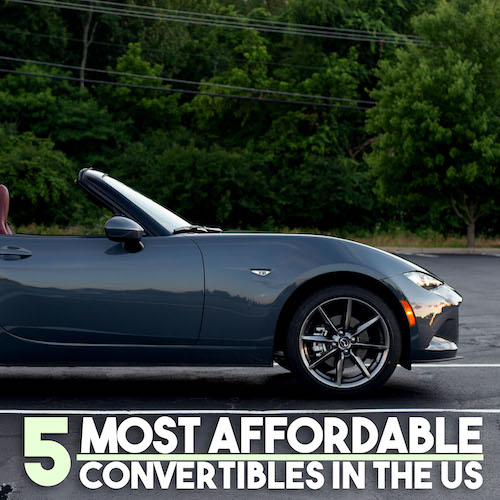A set of wheels can mean the difference between independence and relying on others to cruise around town. If you’re looking into buying your first car—or even your second, third, or fourth—check out some of the tips we’ve gathered below. There’s a car out there for everyone. You just have to find it first.
New(er) vs. UsedA lot of your monthly and annual costs will depend on the year, type, and condition of the car you purchase. New cars with the latest technology will eat away at your budget much faster than an older car; replacement parts on an older car are generally easier to find and therefore cheaper. However, newer cars might be more reliable. It really depends on your monthly budget and plans. Most first-car owners tend to pick up models that have already seen quite a few miles because the dings and dents won’t mean as much as they would on a newer model.InsuranceGenerally speaking, newer cars cost more to insure than older cars. If you’re curious, compare a newer model and an older model of the same car. In fact, some states might offer discounts for what’s deemed “classic.” These models are usually older than a certain year and qualify for a lower rate. Many insurance carriers will offer free quotes if you’ve found a vehicle you’re thinking of purchasing but beware of spam emails coming your way.GasYou’ve most likely heard the banter about rising gas prices but start keeping an eye out for rates in your hometown. Diesel is most often the priciest, with premium following closely behind. More and more manufacturers are moving towards requiring premium gasoline, so be aware of this when you go shopping around.MaintenanceDepending on what your budget is for purchasing a vehicle, you may end up having to put more money into it initially than you would over a typical year. However, you can plan on an oil change every 3,000-5,000 miles, tire rotations 2-3 times a year, brakes every few years, and a multitude of other services along the way. Check your owner’s manual for specified maintenance intervals. If you’d like a real-life example, figure out the next service interval for a parent’s car. How much would that service cost, depending on where you take it? Generally, dealerships are going to charge more than independent shops, but they may offer higher quality standards.Emergency FundFlat replacements, breakdowns, insurance deductibles—these are all fees that can pop up at any moment when you own a car. Do yourself a favor and stash away a few extra hundred dollars to utilize if and when an emergency happens. Some people might be able to depend on relatives for help in these cases, but part of vehicle ownership is proper care. As long as you can stay on top of maintenance and treat your ride right, your wheels should be there for you when you need them. Preparing for your first car is a learning process all its own. Take as much advice as you can from others around you because when it comes time for your second car, you should already be a pro! |





